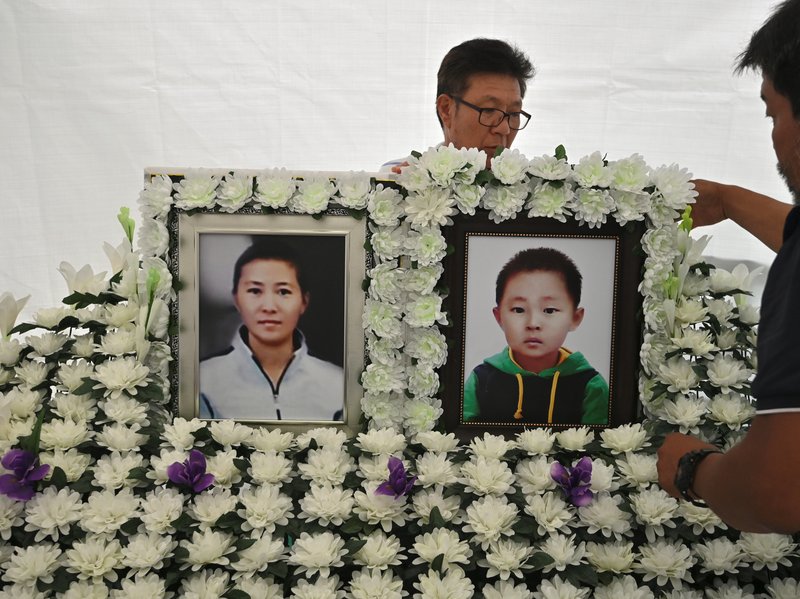South Korea should welcome defectors, not pander to Kim Jong Un
One of the more troubling questions facing the government South Korean President Moon Jae-in is how to deal with defectors from the North. If Moon appears to welcome and support them, he risks incurring the wrath of the North. If he tries to cut back on aid and other forms of support for these people, many of them women, all of them lost in their new environment, he appears heartless and unconcerned about frightened people who must fend for themselves.
South Korea routinely puts defectors through several months’ training and then provides them with limited resources for living on their own. Moon is not inclined to do more for them and might even like to do less while hoping for ever more contact with the North.
In a competitive society where they’re viewed as strangers from a strange land, defectors tell stories of slights and slurs, fruitless searches for jobs. It’s not uncommon for defectors to try to get around questions about their northern accents by saying they’re from Gangwon province, divided between North and South, though most of them come from the northernmost provinces bordering China across the Yalu (Amnok) or Tumen rivers.
It’s out of the question that President Moon would openly talk about North Korea’s horrendous human rights violations, the quickest way to trigger a volley of denunciations in the North Korean media. But South Korea should remain a safe haven for those fleeing the North. The South Koreans should also never stop demanding that China view defectors as victims of the North’s inhumane policies rather than as economic migrants.
[Excerpts of Opinion piece by Donald Kirk, writing in Las Vegas Sun]

